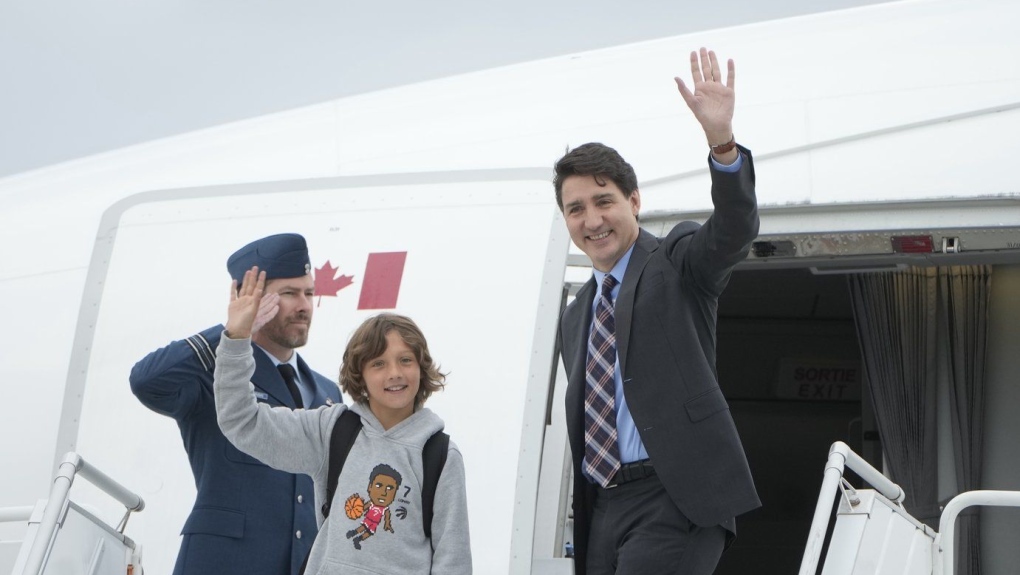Prime Minister Justin Trudeau is in Laos this week to meet with Southeast Asian leaders, the Liberal government’s latest effort to strengthen Canada’s ties in the region where China has strong influence.
Thursday and Friday’s visit will be Trudeau’s third consecutive appearance at the Association of Southeast Asian Nations summit, and one year since Canada established a strategic partnership with the regional bloc.
The association represents Malaysia, Indonesia, Laos, Philippines, Vietnam, Thailand, Singapore, Brunei, Cambodia and Myanmar.
Government officials say Canada is increasing its presence in the region to build confidence as a reliable economic partner, with ASEAN becoming Canada’s fourth-largest goods trading partner last year. He noted that the member countries are among the fastest growing economic regions.
The visit also builds on the Liberal government’s Indo-Pacific Strategy, which provides a roadmap to strengthen military and economic ties in the region and counter Chinese influence.
Canada’s efforts are part of a larger effort by Western countries to seek stronger economic and political ties with Southeast Asian countries, primarily to reduce dependence on Chinese goods.
Canada, the United States and the European Union have all taken steps to protect against what they see as a national and economic security threat from China, including imposing hefty tariffs on Chinese products such as electric cars.
On background, one government official said Canada has not historically had a strong focus on Asia, but the Indo-Pacific strategy has refocused the country’s global priorities.
On the other hand, Southeast Asian countries are also concerned about being overly dependent on world powers, including China, for economic security.
China’s increasingly aggressive claims to the South China Sea, through which about $5 trillion in global trade passes each year, have heightened tensions in the region.
The route is also believed to lie on vast undersea deposits of oil and gas.
Besides China, the Philippines, Vietnam, Malaysia, Brunei and Taiwan also have overlapping claims in this strategic waterway.
The official said having Canada as a strategic partner will strengthen ties with the regional bloc and help these countries achieve their economic diversification goals.
Prime Minister Trudeau and new Japanese Prime Minister Shigeru Ishiba are the only G7 leaders scheduled to attend the summit.
The Canadian government is working toward concluding a free trade agreement with ASEAN, and negotiations with Indonesia are also in the final stages. A free trade agreement with Indonesia is expected to be agreed by the end of the year.
Prime Minister Trudeau’s visit will be the first official visit by a Canadian prime minister to Laos, and also commemorates 50 years of bilateral relations with the Southeast Asian country.
The Prime Minister will be accompanied by Trade Minister Mary Ng and will hold bilateral talks with leaders in Laos’ capital Vientiane.
Geopolitics will not be a focus of the summit, but the government expects issues such as the Middle East war to be addressed.
ASEAN includes several Muslim-majority countries such as Malaysia and Indonesia, which oppose Israeli military action in Gaza and advocate on behalf of the Palestinians.
This report by The Canadian Press was first published Oct. 9, 2024.
With files from The Associated Press.

